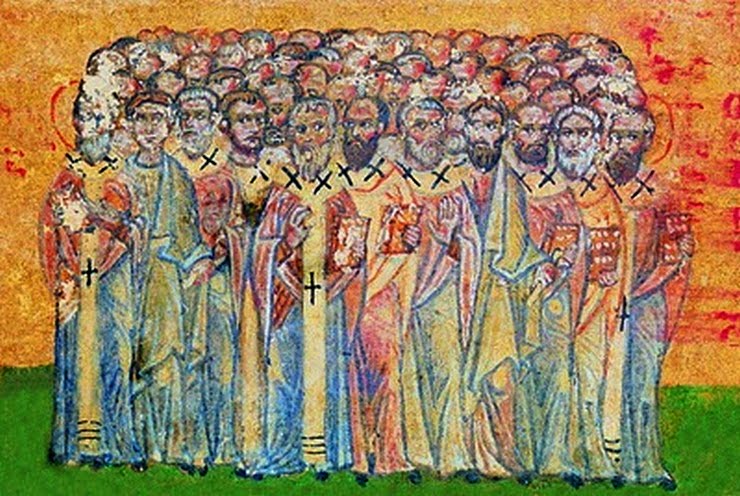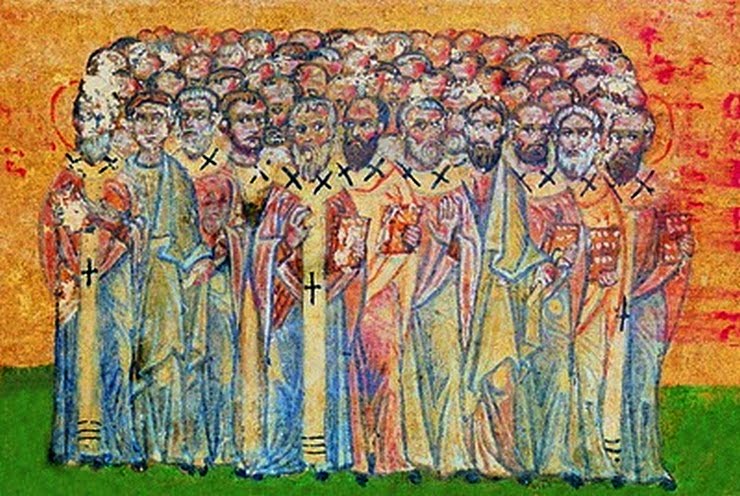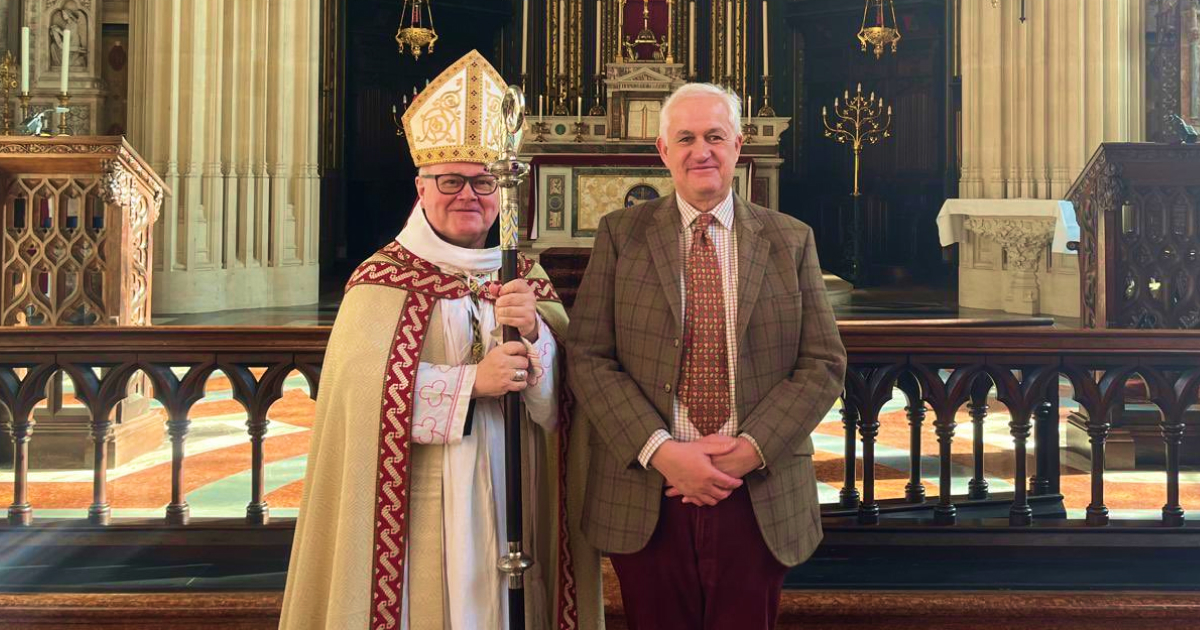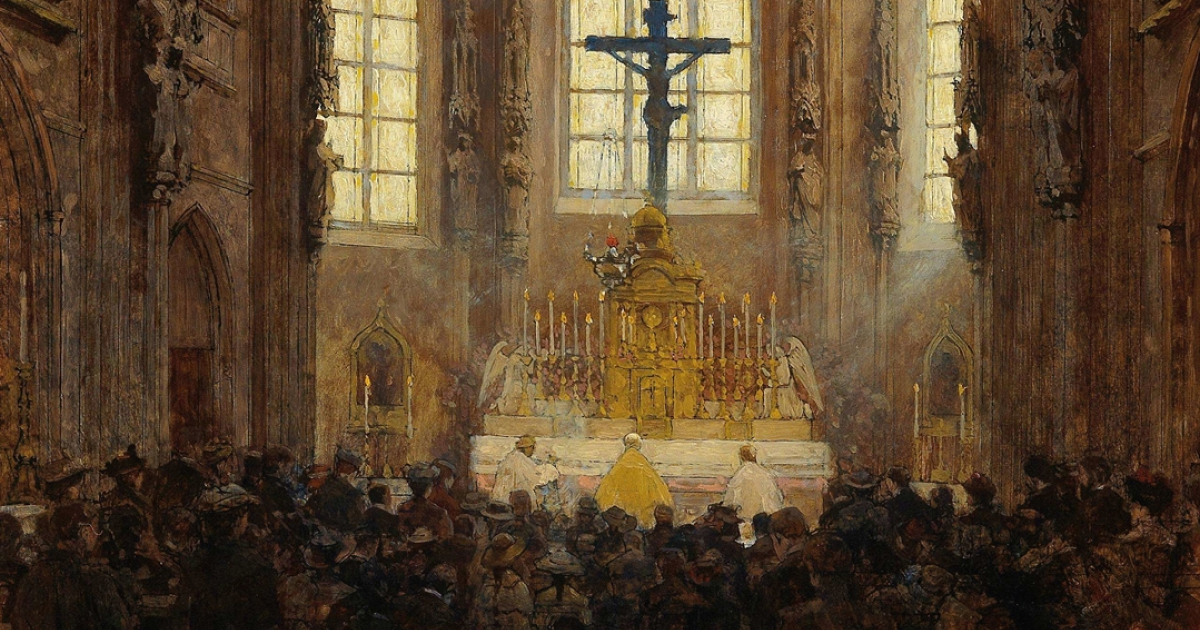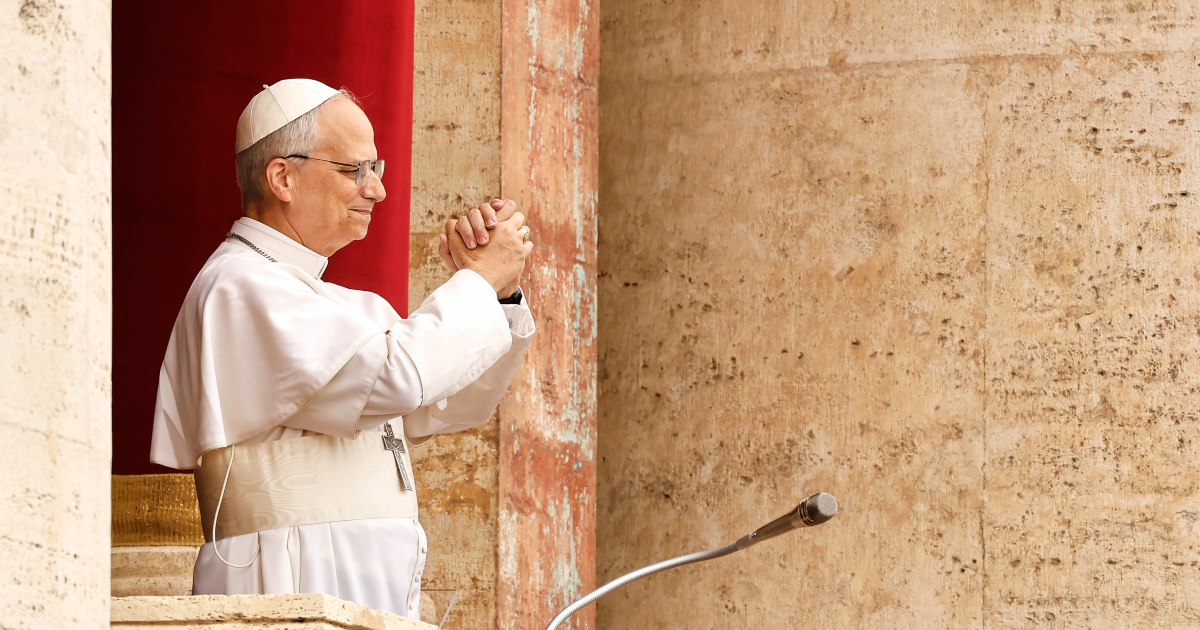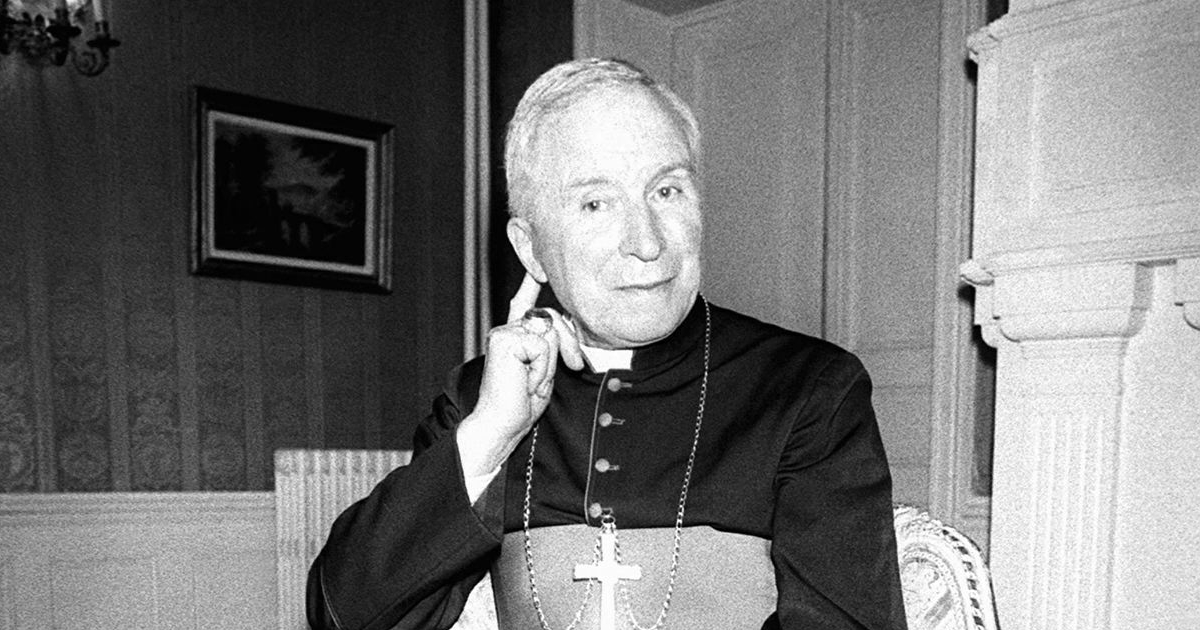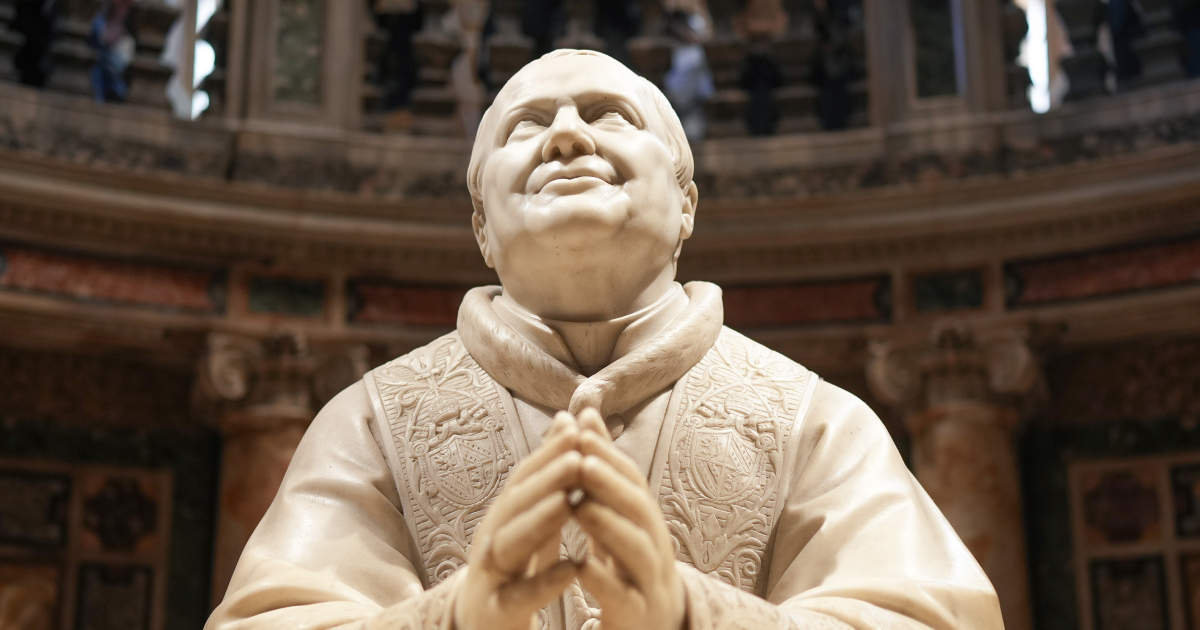"And if any place does not welcome you and people refuse to listen to you, as you walk away shake off the dust from under your feet as a sign to them." (Mark 6:11)
What does Jesus’ instruction in Sunday’s Gospel mean? Scott Hahn, the renowned biblical scholar, states in his commentary that Jews of that period would shake off the dust from their feet when they crossed from pagan to Jewish territory. So Jesus is telling his apostles to correct those who reject them by a symbolic gesture: shaking the dust from their feet as they leave an unbelieving place signifies that its Jewish inhabitants are equivalent to Gentiles.
This gesture is not aimed at infuriating but at convincing Jews who refuse them. Our lectionary misses a nuance in its translation: they did not simply "preach redemption" but they preached "in order that others would convert" (6:12). Their purpose is to elicit a free response, not simply to communicate information. And we are "sealed by the Holy Spirit of the message" so we can convey the message of the Gospel effectively, as St Paul says in our second reading (our lectionary’s word "promise" can also be rendered as "message" in Ephesians 1:13).
Jesus gave his apostles each other for their mission - they were sent "two by two" - but also the gift of his divine power for casting out demons, and poverty to keep them focused: they can take only a staff and sandals, which are needed for walking, and nothing else. The implication is that if we keep focused on walking, on spreading the Gospel, God will take care of everything else.
Jesus himself made the apostles’ feet the occasion for another symbolic gesture: at the Last Supper they did not shake the dust from them but Jesus washed them. As their dust-shaking had showed unbelieving Jews that they no longer belonged to God’s family, now the feet-washing shows the apostles that they belong to Jesus: "If I do not wash you, you have no part in me" (John 13:8). As that gesture had been a last effort to correct unbelievers, now it is the last act of Jesus to convert Judas’ betrayal.
We have all been chosen for mission, chosen "before the foundation of the universe" (Ephesians 1:4), and we are called to respond with poverty and purpose: poverty to keep us focused on preaching the death and rising of Jesus; purpose to help us use every means possible, even gestures, to preach in love. The end result of our preaching is described three times by St Paul’s same phrase in the second reading: "The praise of God’s glory".
"And if any place does not welcome you and people refuse to listen to you, as you walk away shake off the dust from under your feet as a sign to them." (Mark 6:11)
What does Jesus’ instruction in Sunday’s Gospel mean? Scott Hahn, the renowned biblical scholar, states in his commentary that Jews of that period would shake off the dust from their feet when they crossed from pagan to Jewish territory. So Jesus is telling his apostles to correct those who reject them by a symbolic gesture: shaking the dust from their feet as they leave an unbelieving place signifies that its Jewish inhabitants are equivalent to Gentiles.
This gesture is not aimed at infuriating but at convincing Jews who refuse them. Our lectionary misses a nuance in its translation: they did not simply "preach redemption" but they preached "in order that others would convert" (6:12). Their purpose is to elicit a free response, not simply to communicate information. And we are "sealed by the Holy Spirit of the message" so we can convey the message of the Gospel effectively, as St Paul says in our second reading (our lectionary’s word "promise" can also be rendered as "message" in Ephesians 1:13).
Jesus gave his apostles each other for their mission - they were sent "two by two" - but also the gift of his divine power for casting out demons, and poverty to keep them focused: they can take only a staff and sandals, which are needed for walking, and nothing else. The implication is that if we keep focused on walking, on spreading the Gospel, God will take care of everything else.
Jesus himself made the apostles’ feet the occasion for another symbolic gesture: at the Last Supper they did not shake the dust from them but Jesus washed them. As their dust-shaking had showed unbelieving Jews that they no longer belonged to God’s family, now the feet-washing shows the apostles that they belong to Jesus: "If I do not wash you, you have no part in me" (John 13:8). As that gesture had been a last effort to correct unbelievers, now it is the last act of Jesus to convert Judas’ betrayal.
We have all been chosen for mission, chosen "before the foundation of the universe" (Ephesians 1:4), and we are called to respond with poverty and purpose: poverty to keep us focused on preaching the death and rising of Jesus; purpose to help us use every means possible, even gestures, to preach in love. The end result of our preaching is described three times by St Paul’s same phrase in the second reading: "The praise of God’s glory".





